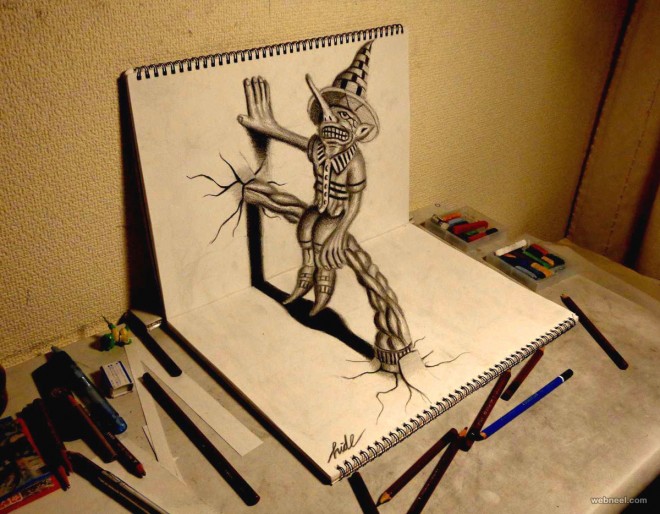
Lydia Bartholow still isn’t absolutely certain how she came to become Central City Concern’s (CCC) associate medical director for outpatient substance use disorder services. “I sort of feel like I’m still a crusty punk kid who magically got into this role,” she says. But it’s exactly Lydia’s past—her upbringing, an adventurous young adulthood, the paths she chose—that informs her present and makes her an integral, guiding voice for how CCC serves those in need of addiction treatment. In her role, Lydia works primarily with the and programs, overseeing the outpatient services that engage individuals working to start or maintain their recovery journey. And while being an associate medical director carries a wide range of responsibilities, Lydia is singularly driven.
Easy Street Draw 5 Crack Serial Keygen Cd Key.rar tinyurl.com/nscj3dq. Easy Street Draw 6.4.5693.257 can be downloaded from our website for free. The most popular versions of the tool are 6.0, 5.2 and 5.0. Our antivirus check shows that this download is virus free. The program's installer files are commonly found as ESDrawSA.exe, ESDraw.exe, Draw.exe or ESDSymbolEditor.exe etc.
“My passion really is and shows up in working to make sure that our patients are the drivers of their health—that the patient experience is as good as possible.” Lydia’s laser focus on CCC’s patients, many of whom are marginalized, living at or near poverty, and often cast aside or uncared for by mainstream health care systems, can be traced back to how she was raised. Growing up in a Unitarian Universalist household set the table for Lydia’s sense of who she wanted to work with—those “who are hardest to love”—as well as her obligation to them: “to love them as much as possible.” “I sort of feel like I’m still a crusty punk kid who magically got into this role.' In her early 20s, Lydia lived as a self-described “gutter punk kid.” While living amongst the trees or hopping trains, she became familiar with many issues like substance use disorder that bring clients in to receive CCC services.
At the same time, she was also exposed to ways of seeing how people relate to each other that greatly influence how she approaches her work. “A core ethos in the punk world is being non-hierarchical. Believing that one person doesn’t have more power or worth than another,” Lydia shares. “I try to bring that into every encounter with a patient.” Lydia’s goal is to preserve what she calls “patient autonomy.” Her training may give her a different kind of knowledge than her patients, but she aims to put her patients in position to drive their health care based on what they know best: their own experiences. “I want to make sure that our system is one that allows our patients to feel safe enough to name what they need from us. I don’t mandate behavior change and I don’t judge them,” she says.

“We don’t ask them to fit into our health care world.” In recent years, Lydia’s effort to create a sense of safety for patients has led her to become one of CCC’s most outspoken proponents of trauma-informed care, a framework that acknowledges how trauma affects people. For those living with addiction, trauma can come from numerous places—even where they turn to for help. Trauma-informed care reorients care systems and practices to honor and center patients’ experiences. “We can’t just chase positive patient outcomes,” she says. “We really want people to feel seen, heard and supported on the way to reaching those outcomes.” Her training may give her a different kind of knowledge than her patients, but she aims to put her patients in position to drive their health care based on what they know best: their own experiences. It’s difficult to imagine CCC having made so many strides toward integrating trauma-informed care without Lydia’s endless enthusiasm for and advocacy on behalf of the patient experience, but it took a number of twists in her own journey to get to where she is today.

 0 kommentar(er)
0 kommentar(er)
